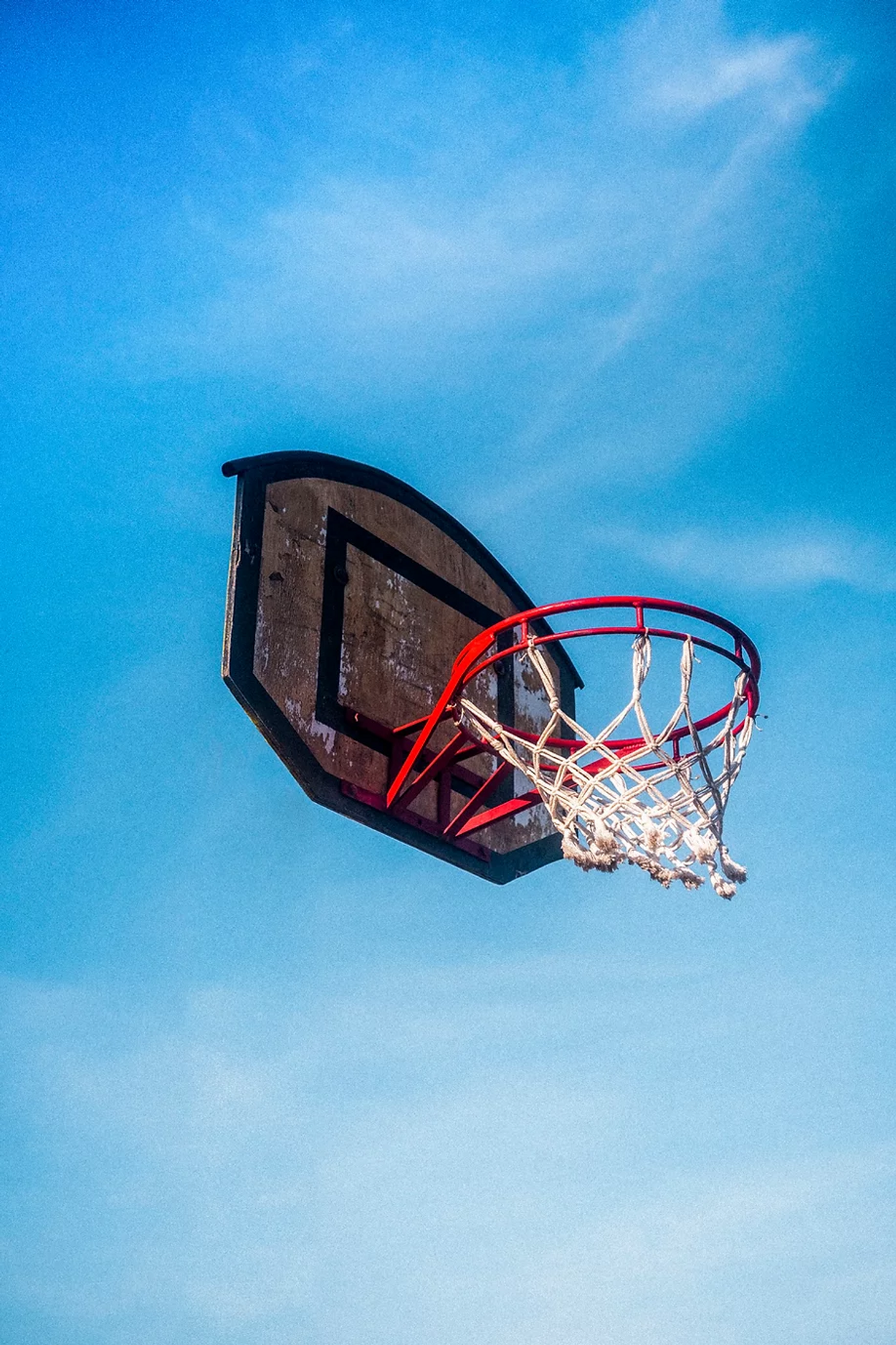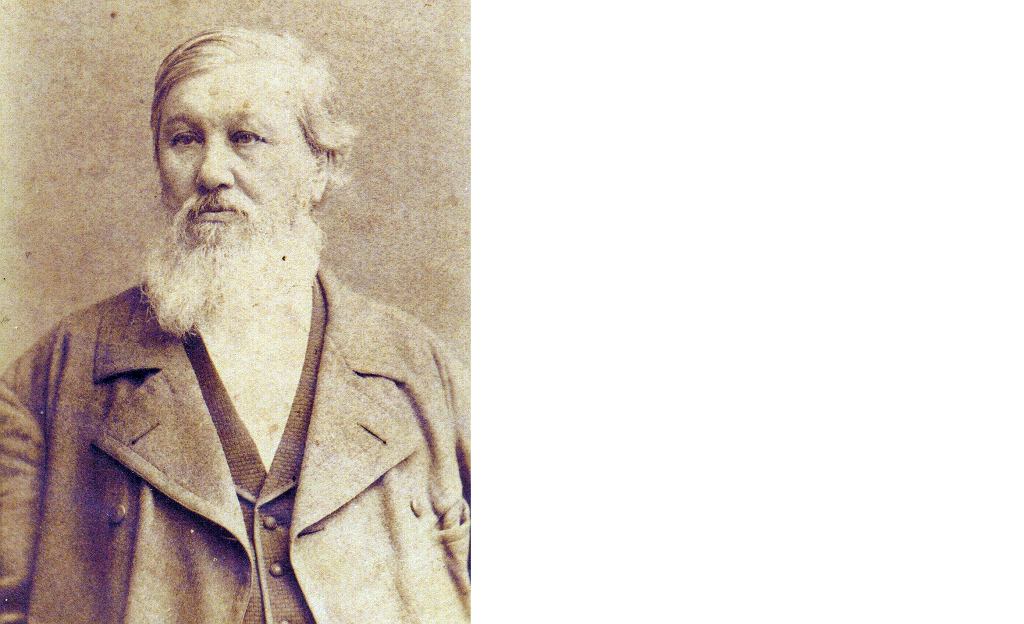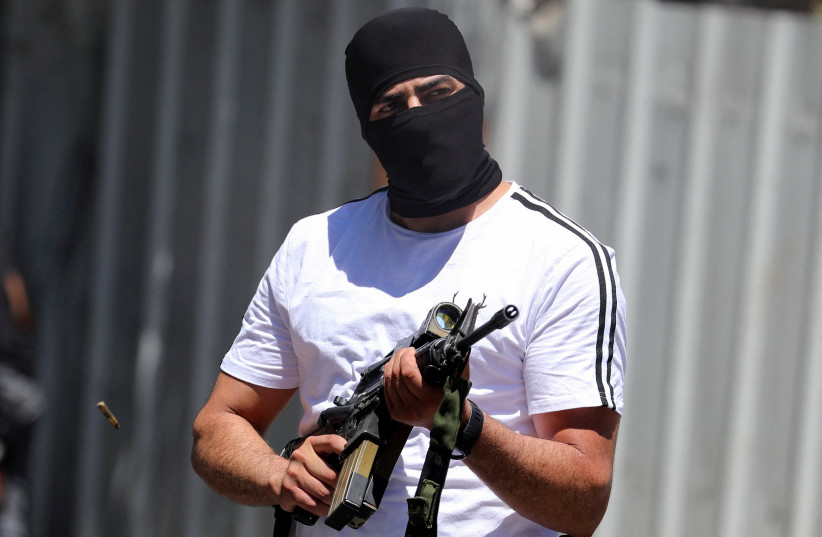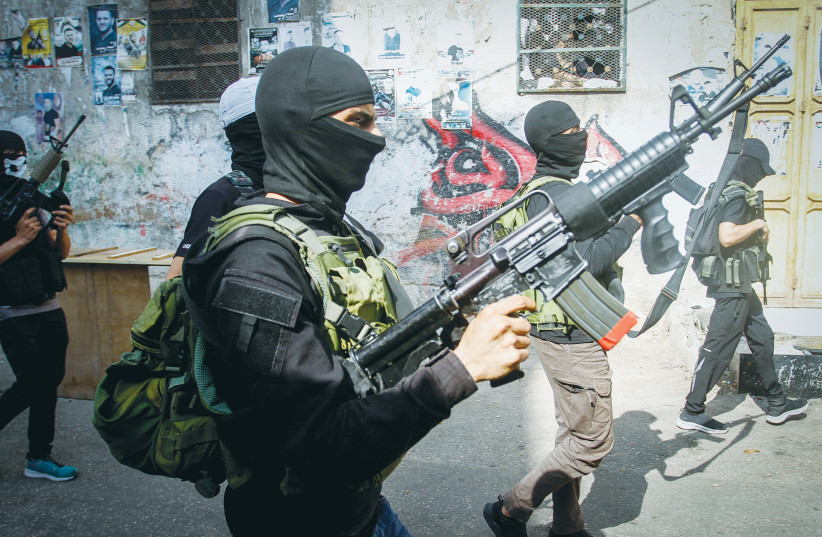.
 MARCELO ALVES/MARCELOALVESX.COM
MARCELO ALVES/MARCELOALVESX.COM
We had just moved to Austin after my mother got a job at the university. Dad was always hanging around—he used to pick me up from school. “Tell me if you notice anything different,” he said, as we walked down the middle of the empty road to our house. Trees arched over us, late October Texas weather, bright yellow and blue. It took me a few minutes to find it. I was staring at the yard, the front porch, the picture window. But then he pointed up.
“Rawlings All-American” was scribbled in shiny cursive across the fiberglass board. It looked great, it made our house look like any other American house. Then he clicked open the garage door and came out again with a fresh basketball sticking out of the jaws of a cardboard box. I tore at the cardboard with small fingers. The artificial skin of the ball felt tacky to touch, almost sticky, like lizard skin. I had to get a pump to pump it up.
The first time I threw it at the rim, two-fisted, like a life preserver over the side of a boat, I got lucky. The brand-new nylon net made the little sound it makes, like corduroy pants on a fat kid, rubbing at the thighs. After that I was hooked. I’ve heard gamblers start like that, but it was also just something for us to do after school. We were both a little bored and lonely. Pounding the ball against the cement driveway, pushing at each other, sweating into our shirts, calling fouls and complaining, counting scores, joshing about it at the dinner table afterward.
One Saturday morning, my dad took a can of green paint from the garage and measured out fifteen feet, stepping out heel to toe in his size-13 Rockports. Then he got down on his knees to paint a line. The green was Celtics green—he grew up in Philadelphia but hated the 76ers and liked to piss people off.
“This is the most important shot in basketball,” he said, while we waited for the paint to dry. “The free throw. There are no variables, nothing is moving, you got no excuse.”
After lunch, I tested it underfoot. Dad handed me the ball, but I was too weak to shoot from that kind of distance. It ended up bouncing to the back of the garage, with the lawnmower and the summer deck chairs, garbage pails and coils of garden hose.
“I can’t do it,” I said. But he chased down the ball and passed it back.
The same thing happened. “I told you, I can’t do it.” In that whiny voice I used that I should have grown out of.
“Try it like this,” he said, “Rick Barry style,” and flipped it to me underhand.
“The greatest shooter who ever lived.”
And the truth is, underhand works. Sometimes adulthood reaches back across the unlived years to touch you on the head and say, This is who you’re going to be. Pay attention, kid; it starts now. Pretty soon I could make four five six in a row like that, holding the basketball like a pot by the sides, and swinging it lightly back and forth, getting the feel of it, letting go.
Eventually I learned to shoot normally, too. I had a decent old-fashioned set shot like my father. He learned it by watching Dolph Schayes.
My house was less than a ten-minute walk from school. Kids started coming home with me—nerd kids, the kind I could beat. Anyway, I was a pretty big sixth-grader, I used my butt. Dad took a back seat. He watched us from the porch or the picture window but didn’t get involved. I never lost weight but I used to take money off my friends in free throw competitions. Money or Halloween candy. They laughed at me and I took their Reese’s Peanut Butter Cups; everybody won.
Sometimes they stayed for dinner and Dad let us watch a ball game afterward, while my sister sat at the kitchen table and did homework and complained. I called out, “This is math. What we’re watching is really just math in action.”
My friends and I argued about three-point shooting percentages and the cost of turnovers. We came up with formulas for measuring the totality of a player’s performance. It got to the point in high school where my father said, “Why don’t you quit talking, and try out for the team?” And I thought, why not? By sophomore year I knew that I wanted to be a sportswriter and figured doing time on the JV would look good on my résumé. It might help me understand what I’m talking about. All this stuff is easier if you don’t really care.
I had become one of those kids with a clear idea about his future prospects, and if other kids wanted to make fun of me, that was fine with me. Because I knew that childhood is short-term. What you go through in high school, what makes you popular or happy, doesn’t count for much at any other period of your life, and the kids who think high school is the best time of your life, those are not people who live happy or successful lives.
But actually, I had a pretty good time. I liked my friends; we’d survived middle school together. At lunch, on the round blue cafeteria tables, we used to read out the box scores while playing cards. What a bunch of nerds. In Hollywood movies they make the nerds look like outsiders desperate to get with the in-crowd. But the truth is, nerds are pretty exclusive, it’s not easy to sign up, you have to be funny and smart. What I mean is, we looked down on everybody else, too. Trying out for the basketball team was like a joke on the whole system. If Brian Blum can make it then what the hell.
The last bell rang and while everybody zombied out to the parking lot, human life-forms parasitized by backpacks, I pushed against the foot traffic to the gym. Already I had this weird feeling that something had been set in motion.
About forty boys were getting changed in the locker room. Mike Inchman was supposed to come along but he bailed at the last minute. “I’ve got bar mitzvah practice,” he called out, waving a hand. You could hear the showers going when I walked in, everything smelled of BO and deodorant.
I stood around for a minute, waiting for a spot on one of the benches to clear, but nobody made room. My fourteen-year-old body was the kind of body you want from your two-year-old son, pale pink and soft, and I never liked getting changed in front of other kids. I was a tough kid, I could take it, but I didn’t like it. None of these people were my friends. My gym shirt was a man-size Fordham University T-shirt, because Fordham is where my dad went to law school, before dropping out and switching to accounting. It was deep purple and made me look like a grape. Underneath the logo it said, FUTURE ATTORNEY.
Afterward, since I didn’t have a locker, I dragged my backpack to the court, but there was nowhere to put it except against the wall, with all the other bags, and you worry, maybe somebody’s going to steal it. I had a Mattel Electronic Football handset inside, which I wasn’t supposed to take to school.
When I’m nervous I try to make people laugh.
“I’m Brian Blum,” I said and started shaking hands. “Remember the name. If you’re looking for a lawyer. Hi, I’m Brian Blum.” The kids were just waiting around like sheep. Then the whistle blew.
Coach Caukwell stood in the middle of the court, bouncing a ball. He was an old football player and wore shorts with pockets, a short-sleeved collared shirt that said PROPERTY OF BURLESON HIGH SCHOOL BASKETBALL, and a whistle on a string around his neck. His arms looked like legs, he had light black skin and a shaved head. His voice was quiet, though; he was hard to hear. The whistle didn’t work so to get our attention he cocked the basketball and threw it against the brick wall over our heads. It made a noise like a car backfiring. So he started again.
“My name is Coach Caukwell,” he said. “I don’t like to shout.”
There was something in his mouth, he seemed to be chewing, you could see his tongue pushing up against his cheek. But the gym was quiet now. Cathedral light came in through the high windows. You could see dust in the air, and for some reason I felt happy just to be there, to be scared, to be in the middle of my childhood with all those other kids.
The first thing he did was make us run. He kicked open the double doors at the back and let us out into the sunshine. When he stepped outside he spat; he was chewing peanuts, I could see shells on the ground. Then he put his hand in his pocket and pulled out another fistful. This was Texas in mid-September. The grass had spent all summer dying, the ground was like a parking lot, cracked and dusty. Walking outside was like walking out of a refrigerator. Kids started blinking, but at four o’clock the sun had a kind of red haze around it, the skies looked scuffed and dirty. Everything looked colored in.
Burleson High is one of these fifties yellow-brick low-rise municipal buildings you get in Austin, set in a few acres of ground. The perimeter roads are mostly residential, but there’s no sidewalk. We were supposed to run four times around, a little over two miles. Coach Caukwell stood by the back door with a clipboard and asked your name as you ran past.
About halfway through the second circuit I stopped to puke. I was at the back of the pack, but already kids were starting to lap me. I could hear somebody laughing, somebody saying, “Chicken enchiladas.” There was a pile of red ants on the ground, bright little fuckers like armored vehicles, and when I threw up on them they got busy. Sweat stung my eyes but I couldn’t see straight anyway. My heart kept beating in my ears.
I felt a hand on my back, this black kid leaned over. “You all right?” he asked, and I said, “Terrific,” which is what my dad would have said, and he straightened up and started running again. He had long legs and a kind of high butt. I followed him for about thirty yards, and then he was too far ahead. My mouth tasted like vomit. This was my first interaction with Marcus Hayes.
Then the temperature dropped fifteen degrees. A dark cloud rolled up, you could see it walking toward us in the sunshine, on rainy legs. Either I ran into it or it stepped over me—suddenly the element thickened, the plug had been pulled, I was pushing through heavy atmosphere. By this point I was on the third circuit; some of the kids had already finished. A few others gave up. But the rain cleaned me up, I didn’t mind. My T-shirt put on a couple pounds of wet, it dragged lower than my shorts. The ground was too dry to get muddy, instant streams filled the cracks, I could hear my socks in my sneakers. My head cleared, too, and I stuck out my tongue.
Coach Caukwell stood in the shade of the tall gymnasium wall. When kids came past, he said, “All right, son.” A gust of air-conditioning blasted through the open doors, but I kept going, shivering, on empty guts.
By the time I finished the fourth circuit, he had already split the boys into teams, they were running layup lines. A heap of dirty towels lay on the floor. I wiped my shoes on them, dragging thin flannel along the shine of the wood, and got into a line. Something hurt in my chest, a sharp delicate pain, and I couldn’t figure out what. Someone passed me the ball and I squelched toward the basket and laid it in. Then the penny dropped.
“Does anybody else have nipple chafe?” I said, following the boy in front.
He turned around, laughing. “You hear that? Brian’s got nipple chafe.”
Kids were cracking up, but I thought, what the hell. Let them laugh. Coach Caukwell looked at me, shaking his head.
There were forty boys, most of them never made the team. Caukwell told us, “Today is just the first cut. I’m gonna put a list on the locker room door at seven a.m. with about twenty names on it. You can come back for the second cut in the afternoon.”
In those days Burleson was fifty percent minority, mostly Latino. But there were all kinds of kids. Kids who wore Lacoste shirts and New Balance running shoes, kids in Harley tank tops and Chuck Connors. There was also the puberty divide. It came late for me. I had pimples, which I picked at until they scabbed and bled, but no soft stubble. Some boys had sprouted like plants in the dark, all pale and thin. You saw a lot of unshaved mustaches. A couple of kids had started hitting the weights, they couldn’t scratch their noses without flexing their biceps. Also, you could smell us. After a day in school, wearing old T-shirts, running around in wet sneakers, squeaking on the hardwood, the noise and stink, if you looked at us from above, which is what Coach Caukwell had to do, you might think, somebody turned over a rock, and this is what wriggled out.
In elementary school, kids called me Brian Bum. It’s Blum! I said, Blum—like the flower. That didn’t help. What I mean is, there was also a lot of frustration working itself out. Not just for me.
Marcus Hayes had a short flat Afro that made him look taller than he was, which was only five ten. A couple of kids could dunk already. I saw Marcus touch rim but he didn’t stand out in other ways. He was basically a shy kid, he ran hard but didn’t like to make eye contact, he didn’t say much. I kept talking the whole time.
For the last half hour Caukwell let us scrimmage. He stood leaning against the wall with the clipboard in hand and just watched. By this point I was pretty gassed, I was getting pissy, too, whiny and kid-brother-y, which happened to me sometimes, on the edge of tears. Stop it! Stop it! That’s what I wanted to say. Kids kept pushing me around. I kept calling foul, foul! If I missed a shot I called foul, if someone stole the ball I called foul. Come on, man, they said, and I said, honor the call, you gotta honor the call—and because the coach was there, they let it go.
But even my teammates froze me out. I pushed my ass under the basket, swinging my elbows and shouting, Pass! pass! pass! Why don’t you pass? I wanted something to be happening that wasn’t happening and there was nothing I could do except complain about it. Then someone passed, hard, and caught me in the face, and I was leaning over in the sudden dark and felt a trickle of warm and wet flowing out of my nose.
Caukwell came over and put his arm around me. “Somebody get some paper towels,” he said, still chewing nuts, and pulled me to the sideline. “Keep on playing,” he told the other boys.
Blood filled my hands, so I wiped them on my T-shirt and lifted the soaking cotton against my face. After a second the trickle came back and I had to wipe again.
I couldn’t see straight either and kept squinting against the drip of sweat. It felt like I was swimming in saltwater with open eyes. I leaned against the wall; my knees felt wobbly.
“What’s your name, son?” Caukwell asked me.
A kid gave him some crumpled paper towels from the bathroom and he handed them to me. Coach was one of those big guys who is so big that everything he does is gentle, like he constantly has to restrain himself.
“What are you doing here, Brian Blum?”
“What do you mean, what am I doing?” I said. “I’m trying out for the basketball team.”
He pushed his tongue around the front of his mouth to clean his teeth. “You having fun, kid?”
“It’s not supposed to be fun.”
“What’s it supposed to be?”
I didn’t say anything, I just stood there.
“I saw you running out there,” he went on. “And I thought: the kid’s not fast, but he keeps going. He’s proving a point. I think you can tell yourself tonight you proved that point. You showed up.”
“I’m not proving a point, I want to make the team.” But I couldn’t look at him.
“Why do you think those kids don’t pass you the ball?”
“How come you keep calling fouls?”
“Because they keep fouling me!” The whine was back. “I mean, this whole thing is …”
“What?” Caukwell asked me.
“It’s pointless, the whole thing is pointless. Even if they honor the call, they just give you the ball back.”
“I mean, there aren’t any free throws. This whole thing is pointless without free throws. The free throw is the most important shot in basketball. Of course, they’re going to keep fouling, because it doesn’t matter, all you do is get the ball back. It’s just …”
“It’s just a dumb way of testing who should make the team, if you don’t have free throws.”
I looked up at him now and could see him thinking, what kind of fish have I got on the hook here? He stretched his neck from one side to another—there were too many muscles in his back to keep all of them happy. Then he pinched his nose and sniffed. “All right, Brian.”
“Call me coach, not what. And get back out there.”
Practice was almost over anyway. A big black railroad clock, high up on the wall, showed two hands aligning … almost six. The bus had dropped me off for class at seven a.m. Eleven hours later I was still there. But the fight was gone, even my whining was used up. Nobody noticed as I walked back on court. When the kids started running one way, I ran after them. Not hard enough to catch up, just sort of hanging around.
Well, I tried, I thought, just at the point where I had stopped trying.
Eventually Caukwell blew his whistle. “All right, fellas,” he called out. Sneakers stopped squeaking; a ball slipped out and bounced slowly to the wall. You could hear the boys breathing and the hum of the air-conditioning, like a factory noise. “Line up, line up,” he said. He could raise his voice when he wanted to. It filled the gym. “Everybody’s shooting free throws. When you miss, you can go home.”
So that’s what we did, forty kids standing in a long snake. The first kid missed and Caukwell gave him a pat on the back, and said, “What’s your name, son?” and the kid said, “McGinley,” and Caukwell wrote down his name on the clipboard and told him, “Check the board in the morning.” The second kid made his shot, it hit the front of the rim and rolled in, but when he started to leave, Caukwell called him back. “Son,” he said, “you need to listen. Get to the back of the line. You’re still in it.”
At that point, when I figured out what was going on, my hands started to sweat again and I tried to dry them on my legs. There were about twenty kids ahead of me. Mostly, while the line got smaller, I was worrying should I shoot it underhand, which everybody’s going to make fun of me for. About half the kids missed and went home; the rest circled back. In my small scared heart I wanted all of them to miss.
Marcus Hayes stood in front of me and reached down nervously to rub his hands against his socks. Then someone passed him the ball and he stepped up to the line and made his shot; I saw him clench his fist. Then he passed me the ball. I leaned over and touched it to the floor, bent my legs quickly like a frog about to jump, and flipped it underhand into the air.
Somebody said, “Granny style! He’s doing it granny style,” and kids started falling over, laughing the way kids do, trying to laugh, forcing it, so they could join in the joke, as the ball slipped through the net.
Coach Caukwell shook his head, and I went around to the back of the line behind Marcus Hayes.
In the end, it was just the two of us, Marcus and me. He made five or six in a row, but it didn’t matter, eventually he missed—and walked away without looking back. Then it was just me, and a few other kids who had stuck around to watch, and Coach Caukwell.
“Where’d you learn to shoot like that?” he asked.
“From my dad. He says the free throw is the most important shot in basketball, because people make free throws more than they make any other shot.” Then I said, “How long do you want me to keep going for? I can keep doing this all day.”
He stood under the basket, feeding me the ball.
“Keep going,” he said. But then I missed and the ball bounced away into a corner and the whole thing was over. For a second, I thought, somebody must have taken my backpack, but there it was, sitting by itself against the wall, and I was almost too tired to bend down and pick it up. When I walked outside, the heat had risen again and the sun going down was shawled in dark cloud—super vivid, and Dad pulled up at the curb and pushed open the door. Sometimes when he worked at home he stayed in pajamas all day and just pulled on pants when he walked out of the house. It embarrassed me, seeing him like that; but nobody else noticed, we were in the car. He turned his headlights on as the first fat drops of rain hit the windshield.
As a kid you have to keep this stuff from your parents, because they care too much. At the same time, they want to put it all into perspective, to make you realize, none of it really matters, these little daily dramas.
 Francuscy żołnierze w 1812 r. w Moskwie na XIX-wiecznym obrazie pokazywanym w Muzeum panoramy bitwy pod Borodino w Moskwie (domena publiczna, przez Wikimedia Commons)
Francuscy żołnierze w 1812 r. w Moskwie na XIX-wiecznym obrazie pokazywanym w Muzeum panoramy bitwy pod Borodino w Moskwie (domena publiczna, przez Wikimedia Commons) Według Putina od średniowiecza trwa agresja Zachodu przeciw Rosji
Według Putina od średniowiecza trwa agresja Zachodu przeciw Rosji
 Od lewej: Łazar Kaganowicz, Józef Stalin, Pawieł Postyszew, Kliment Woroszyłow, zdjęcie z 1934 rokuu
Od lewej: Łazar Kaganowicz, Józef Stalin, Pawieł Postyszew, Kliment Woroszyłow, zdjęcie z 1934 rokuu 



